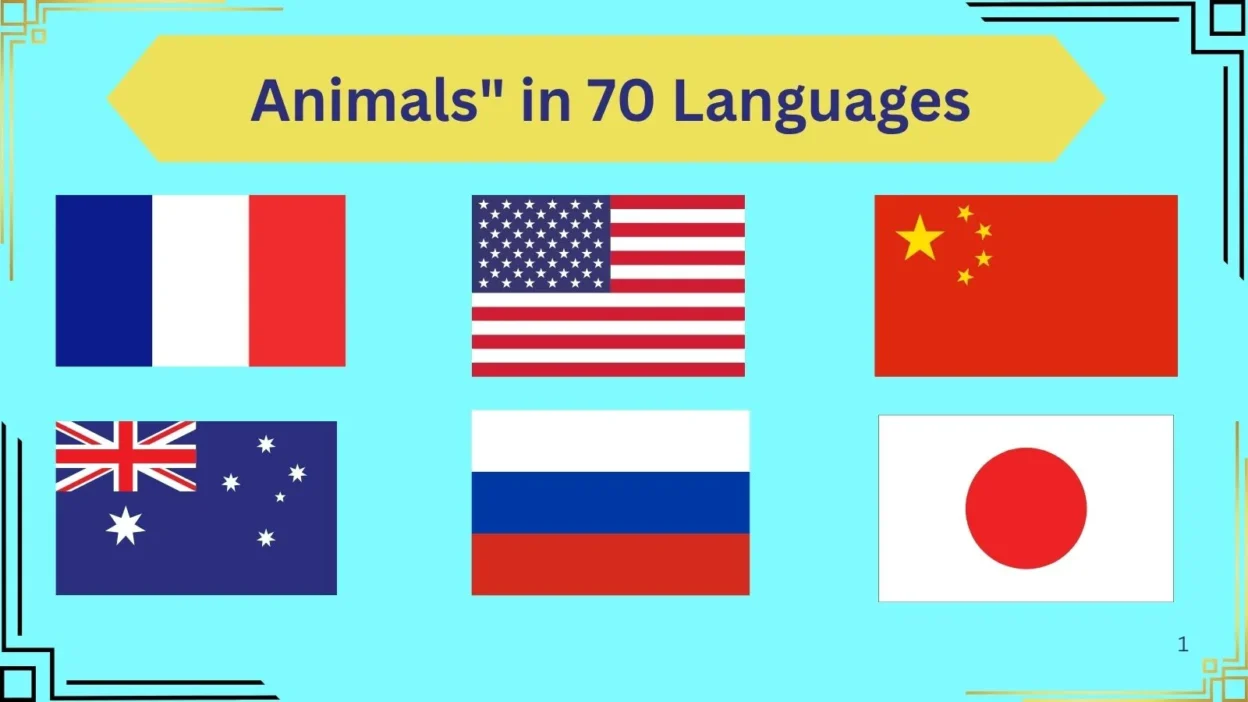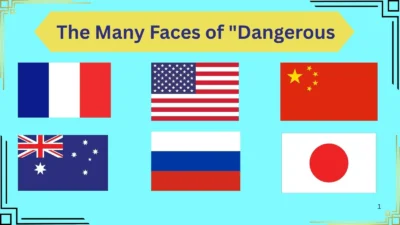If you’re learning English and come across the word “animals,” you might wonder what exactly it includes and how to use it correctly.
“Animals” refers to living creatures that are not human, such as dogs, cats, birds, and wild creatures like lions or elephants. Sometimes learners confuse animals with insects or plants, or aren’t sure when to use the singular “animal” versus the plural “animals.” Knowing this word helps you talk about nature, pets, and wildlife with confidence and clarity.
- Latin – Animalia (ah-nee-MAH-lee-ah)
- Ancient Greek – Ζώα (Zóa) (ZOH-ah)
- Sanskrit – पशवः (Paśavaḥ) (PAH-sha-vah)
- Old English – Dēor (DAY-or)
🔹 European Regional Languages
- Dutch – Dieren (DEE-ren)
- Swedish – Djur (YOOR)
- Norwegian – Dyr (DEER)
- Danish – Dyr (DEER)
- Finnish – Eläimet (EH-lai-met)
- Polish – Zwierzęta (Zvee-EH-zhen-tah)
- Czech – Zvířata (ZVEE-zha-ta)
- Hungarian – Állatok (AAL-lah-tok)
- Greek – Ζώα (Zóa) (ZOH-ah)
- Romanian – Animale (ah-nee-MAH-leh)
🔹 Sign Languages
- ASL – Hands mimic paws walking
- BSL – Fingers wiggle near shoulders (like animal movement)
🔹 Constructed Languages
- Esperanto – Bestoj (BES-toy)
- Klingon – Ha’DIbaH (hah-DEE-bah)
- Elvish (Sindarin) – Cŷr (KYRE)
🔹 Rare & Endangered Languages
- Ainu – チㇼ (Cir) (CHEER)
- Tibetan – སེམས་ཅན (Semchen) (SEM-chen)
- Greenlandic – Uumasut (OO-mah-soot)
- Basque – Animaliak (ah-nee-MAH-lee-ak)
🔹 Fun Animal Name Differences
- Welsh – Anifeiliaid (ah-niv-AIL-ee-ide)
- Irish Gaelic – Ainmhithe (AN-iv-ih-heh)
- Scottish Gaelic – Beathaichean (BEH-hah-chee-an)
🐾Animal Sounds Across Cultures
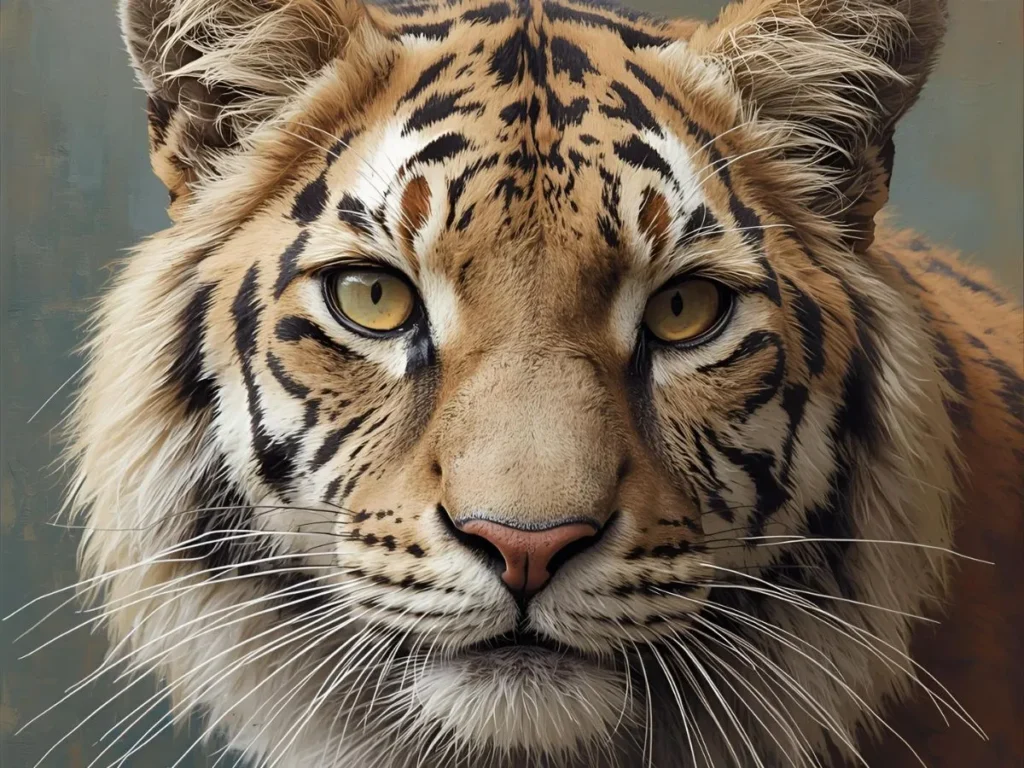
- Dog bark:
- English: “Woof woof”
- Spanish: “Guau guau”
- Japanese: “Wan wan” (ワンワン)
- Cat meow:
- French: “Miaou”
- Russian: “Myau” (мяу)
- Korean: “Yaong” (야옹)
Why Do People Search for the Word “Animals”?
When someone types “animals” into a search engine, their intention can vary widely—but generally, they’re seeking information, education, or connection. Some users may be students or children doing schoolwork, others might be nature lovers looking for wildlife facts, or people wanting to learn how to talk more knowledgeably about animals in conversation.
At its core, this search comes from curiosity and a desire to better understand the living creatures we share our planet with. This blog aims to fulfill that need: by explaining what animals are, how to use the word in different situations, and offering helpful insights for talking about animals with others.
What Does the Word “Animals” Mean?
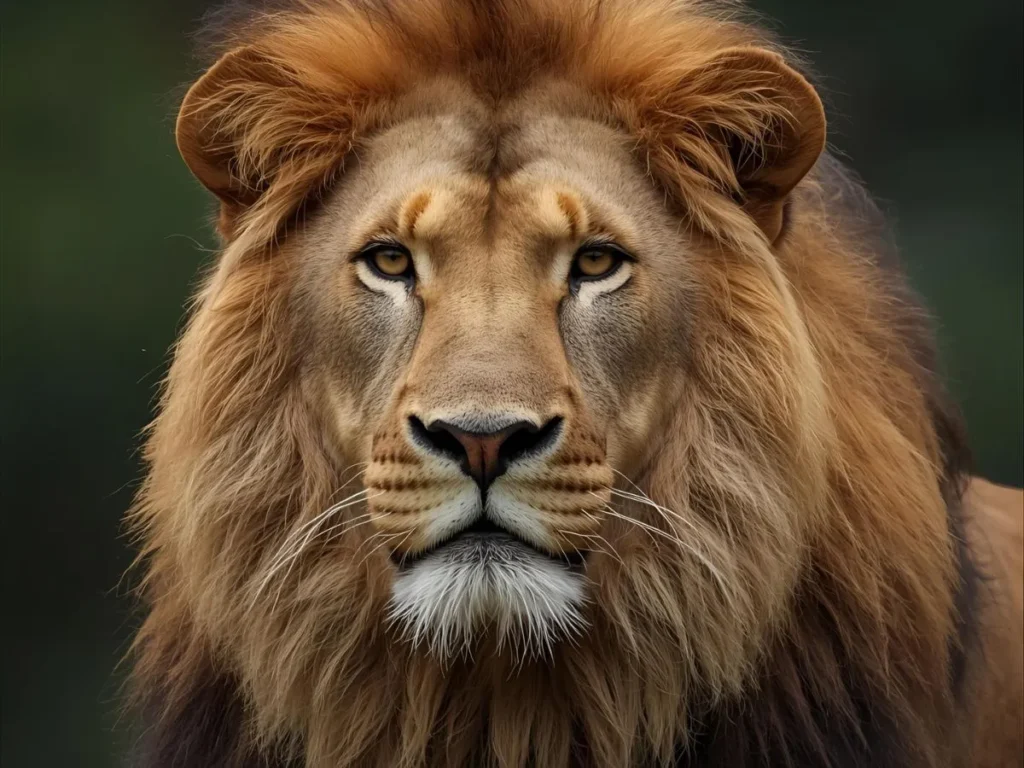
The word animals refers to living organisms that belong to the biological kingdom Animalia. They are multicellular, able to move independently (at least during some life stage), and they typically consume organic material for energy.
Animals can range from tiny ants to giant whales. Some are domesticated (like dogs, cats, or cows), while others live in the wild (like lions, birds, or insects). Humans are technically animals too, though we usually use the term to describe non-human life.
In simple terms:
Animals are living beings that move, eat, grow, and respond to their environment.
How to Use the Word “Animals” in Daily Conversation
Understanding the meaning is just the first step—knowing how to use the word “animals” correctly in speech or writing is even more useful. Here are a few examples:
Common Sentences Using “Animals”:
- “My daughter loves animals, especially horses and rabbits.”
- “We visited a wildlife sanctuary and saw many exotic animals.”
- “Some animals hibernate during winter to conserve energy.”
When to Use the Word “Animals”:
- Talking about pets, wildlife, or zoo creatures.
- Describing behaviors or habitats.
- Discussing environmental or conservation issues.
Other Related Words:
- Wildlife: often used when referring to animals in nature.
- Creatures: a more general or sometimes poetic term.
- Species: refers to types or kinds of animals.
- Fauna: a scientific or formal term used to describe animals of a specific region.
Why Understanding “Animals” Matters
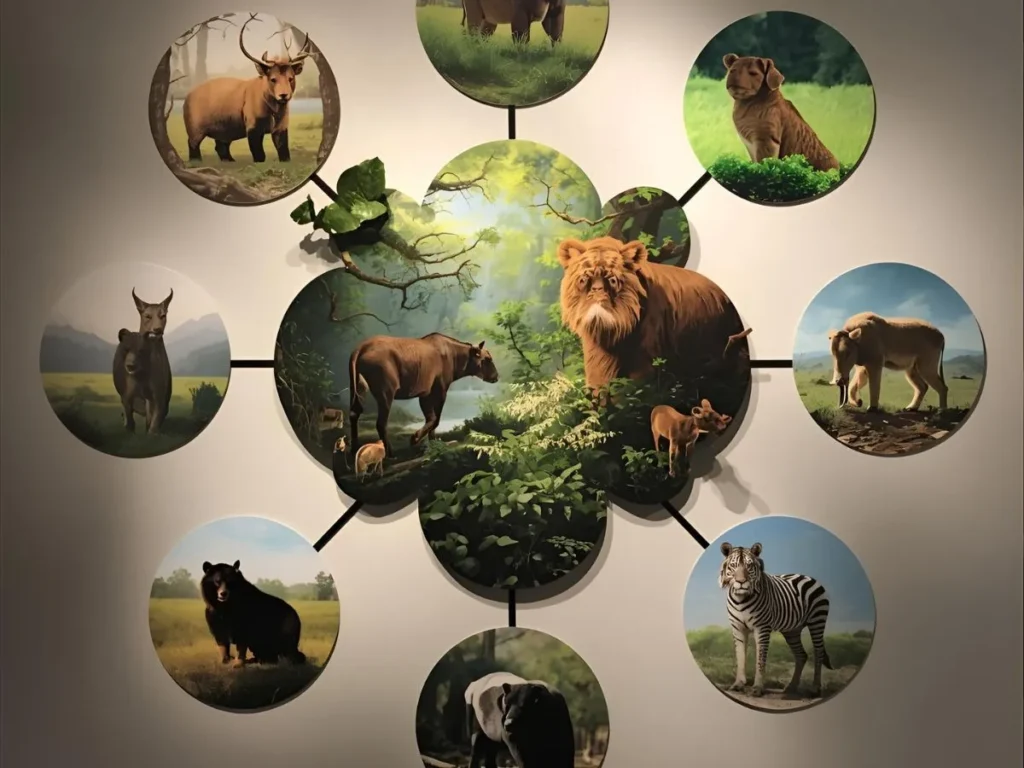
Knowing more about animals helps us understand nature, science, and even ourselves. Whether you’re preparing for a conversation, giving a school presentation, or just want to speak more confidently, learning how to use this word properly is a great step forward.
Plus, animals play an important role in our world—from ecosystems to emotional well-being. The more we know, the better we can care for them and the environment we all share.
Final Thoughts
The word animals may seem simple, but it opens the door to a wide and fascinating world. By understanding its meaning, context, and use, you’ll not only improve your vocabulary but also be able to engage in smarter, more respectful conversations about life on Earth.
